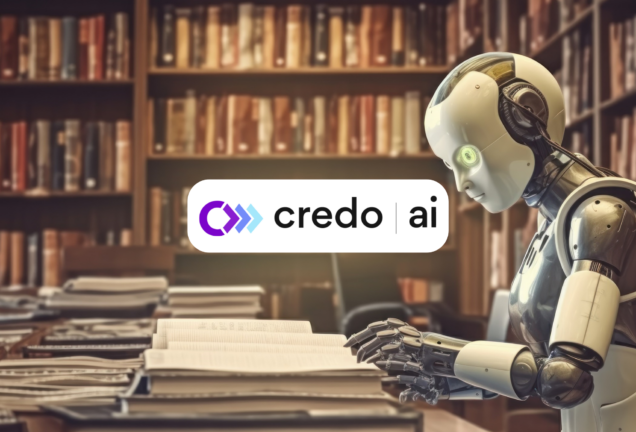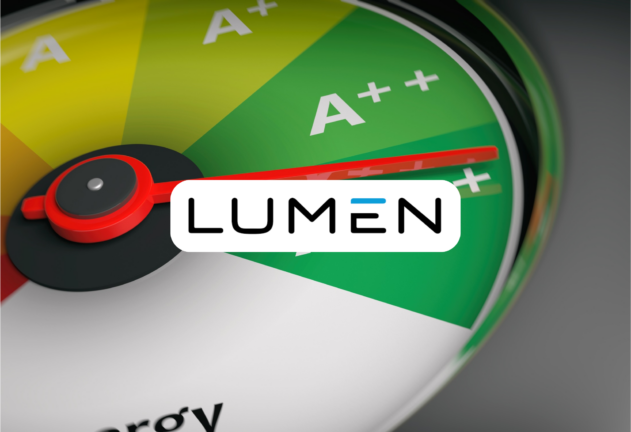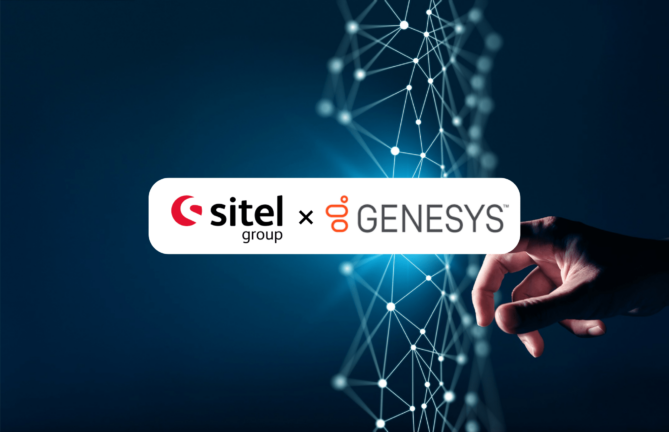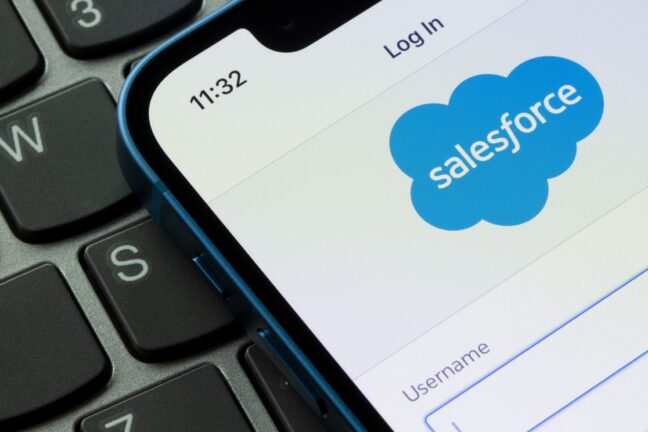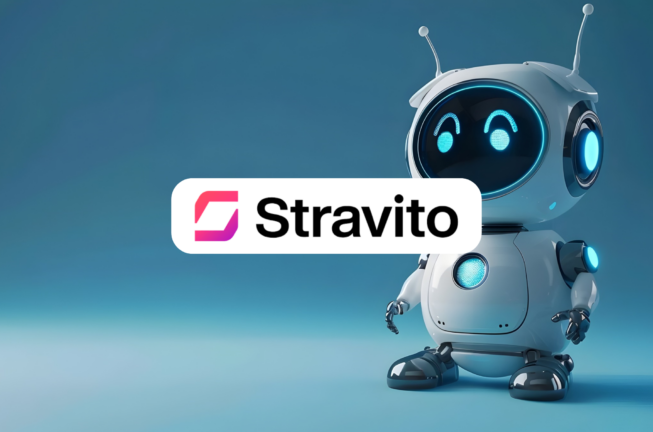The integration of artificial intelligence (AI) and generative AI capabilities into human resources (HR) and human capital management (HCM) applications is rapidly transforming the landscape of modern workplaces. A recent global report by Valoir highlights AI's promising opportunities and the glaring deficiencies in policies, practices, and training necessary for its safe and effective integration into HR functions.
“AI is rapidly finding its way into HR, particularly for recruiting, talent, and workforce management. However, AI brings risks, including data compromises, hallucinations, bias, and toxicity. HR departments that address these issues and mitigate risks can see significant benefits from AI,” said Rebecca Wettemann, CEO of Valoir.
The shift in focus
According to the report, there's a considerable opportunity for HR to enhance productivity and strategic focus through automation, with approximately 35% of HR employees' tasks deemed suitable for automation. Among various HR functions, recruiting emerges as the frontrunner in AI adoption, with nearly one in four organizations already implementing AI-supported recruiting processes. In addition, talent and workforce management and training and development are identified as prime areas ripe for AI automation.

The promise and perils of generative AI
However, the report also sheds light on the challenges of rapidly adopting generative AI technologies. Despite a significant portion of HR professionals experimenting with generative AI tools by mid-2023, only a small percentage of organizations have established policies governing their use, particularly concerning ethical considerations.
A call for comprehensive policies and training
HR leaders recognize the urgent need for comprehensive policies and training initiatives to navigate the complexities of AI adoption. Dealing with challenges such as lacking AI expertise, fear of compliance and risk, and resource constraints requires a holistic approach. Only through proactive measures can organizations ensure that AI is harnessed safely and ethically for the benefit of all stakeholders.
“Generative AI is being embraced, yet few organizations are putting the necessary policies, guidelines, and safeguards in place. As both stewards of employee data and curators of company policies, HR executives need to get ahead of AI policies and training, both for their own teams and the broader employee population,” said Wettemann.
What does the future hold?
Looking ahead, the trajectory of AI adoption in HR is set to accelerate. With over 50% of organizations planning to apply AI to recruiting challenges in the next 24 months, the potential for transformative change is immense. However, addressing barriers to adoption, such as the lack of AI skills and expertise, remains paramount for realizing the full benefits of AI in HR.


